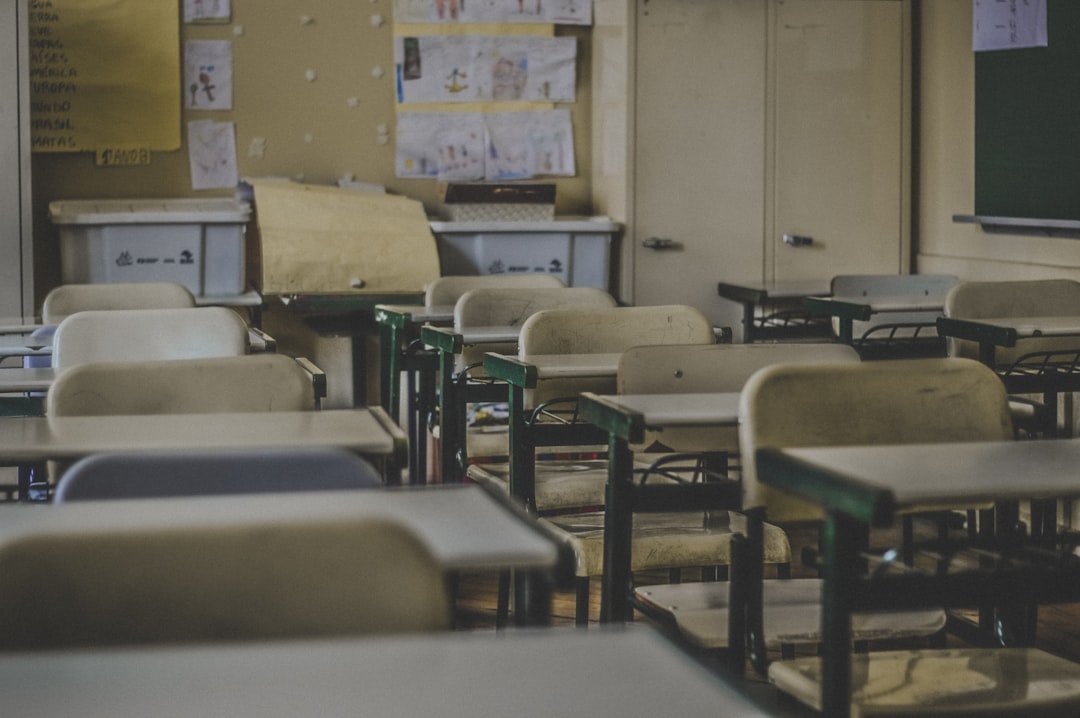Hazing, a dangerous and illegal practice in Ohio (Revised Code § 2941.26), involves humiliating or endangering individuals for group acceptance. Victims in Columbus often face silence due to fear and shame. Recognizing signs like behavioral changes, secrecy, or physical injuries is crucial. Specialized hazing abuse attorneys Columbus OH help navigate laws, seek justice, and compensate for trauma. Survivors should document evidence and contact these experts immediately for legal guidance, including filing civil lawsuits. Support systems in Columbus include counseling, recovery groups, and anti-hazing organizations, fostering healing and accountability.
“In Columbus, Ohio, hazing incidents within social organizations have become a growing concern, often leaving victims with physical and emotional scars. This article explores the legal aspects of hazing, aiming to empower students and provide guidance for those affected. We delve into the state’s laws surrounding hazing and highlight the crucial role of a specialized hazing abuse attorney in Columbus, OH. Understanding the signs of hazing is essential, and we equip readers with knowledge to recognize and report these abusive practices.”
Understanding Hazing and Its Legal Implications in Ohio

Hazing, often associated with youth organizations, sports teams, or social clubs, involves any activity or behavior designed to humiliate, degrade, abuse, or endanger a person for the purpose of initiation or acceptance into a group. This practice has severe legal implications in Ohio, where it is explicitly prohibited by law. According to Ohio Revised Code § 2941.26, any individual who knowingly causes or permits physical harm to another as punishment for an act that person believes will result in their acceptance or continued membership in any organization can face significant penalties.
Victims of hazing abuse in Columbus, OH, have legal recourse through specialized hazing abuse attorneys who understand the complexities of these cases. These attorneys help victims navigate the legal system, seek justice, and obtain compensation for physical and emotional injuries resulting from hazing incidents. They also work to raise awareness about the dangers of hazing and advocate for stricter enforcement of anti-hazing laws in Ohio.
Identifying Signs of Hazing: What to Look For

Many victims of hazing never come forward due to fear, shame, or misunderstanding. It’s crucial for friends, family, and peers to be able to recognize signs of hazing abuse and take action. Some key indicators include sudden changes in behavior or attitude, excessive secrecy, physical injuries that cannot be easily explained, and emotional distress. If you suspect someone is experiencing hazing abuse, encourage them to reach out for help from a trusted adult or a hazing abuse attorney in Columbus, OH.
Don’t underestimate the importance of paying attention to their social media activity, as many victims may post cryptic messages or photos hinting at their struggle. Additionally, look for patterns of missing time from school or work, frequent isolation, and an increased desire for privacy. These signs could point towards a culture of hazing and the need for legal intervention by a Columbus OH hazing abuse attorney to ensure safety and justice.
The Role of a Hazing Abuse Attorney in Columbus, OH

In Columbus, Ohio, victims of hazing abuse have a crucial ally in the form of a specialized hazing abuse attorney. These legal professionals are equipped to handle cases involving hazing incidents within educational institutions, social clubs, and other organizations. Their role is multifaceted; they provide victims with a voice, ensuring their rights are protected under state laws that prohibit hazing. A hazing abuse attorney in Columbus OH can guide victims through the legal process, offering expert advice on potential charges against perpetrators and the best course of action for civil lawsuits.
Beyond legal representation, these attorneys play an essential role in raising awareness about hazing culture and its detrimental effects. By taking on such cases, they contribute to a safer environment by deterring future hazing incidents and holding offenders accountable. With their expertise, victims can seek justice and compensation for the trauma they have endured, fostering a culture of respect and responsibility within Columbus communities.
Steps to Take After an Incident of Hazing

If you or someone you know has experienced hazing abuse, it’s crucial to take immediate steps to ensure safety and protect your rights. The first step is to remove yourself from the harmful situation. This could mean leaving a social group or reporting the incident to a trusted authority figure or law enforcement. Documenting the experience by keeping records of any conversations, messages, or physical evidence related to the hazing can be invaluable for future legal proceedings.
Next, contact a reputable Hazing Abuse Attorney in Columbus, OH, who specializes in these cases. They can provide guidance, support, and legal representation to help you pursue justice. A qualified attorney will assist in understanding your options, including the possibility of filing a civil lawsuit against those responsible, which may result in compensation for emotional distress, medical expenses, or other damages. Remember, acting promptly increases your chances of a favorable outcome.
Supporting Victims: Resources and Recovery Options

For victims of hazing abuse in Columbus, OH, seeking legal help is a crucial step towards healing and justice. A dedicated hazing abuse attorney can offer much-needed support by providing resources and guiding them through the complex legal process. These professionals understand the unique challenges faced by victims and can ensure their rights are protected.
In addition to legal representation, various support systems and recovery options are available. Counseling services, support groups, and hotlines specifically cater to hazing survivors, offering a safe space to share experiences and begin the healing journey. Organizations dedicated to anti-hazing efforts also provide educational resources and advocacy, empowering victims to take control of their recovery and navigate the legal system effectively.




